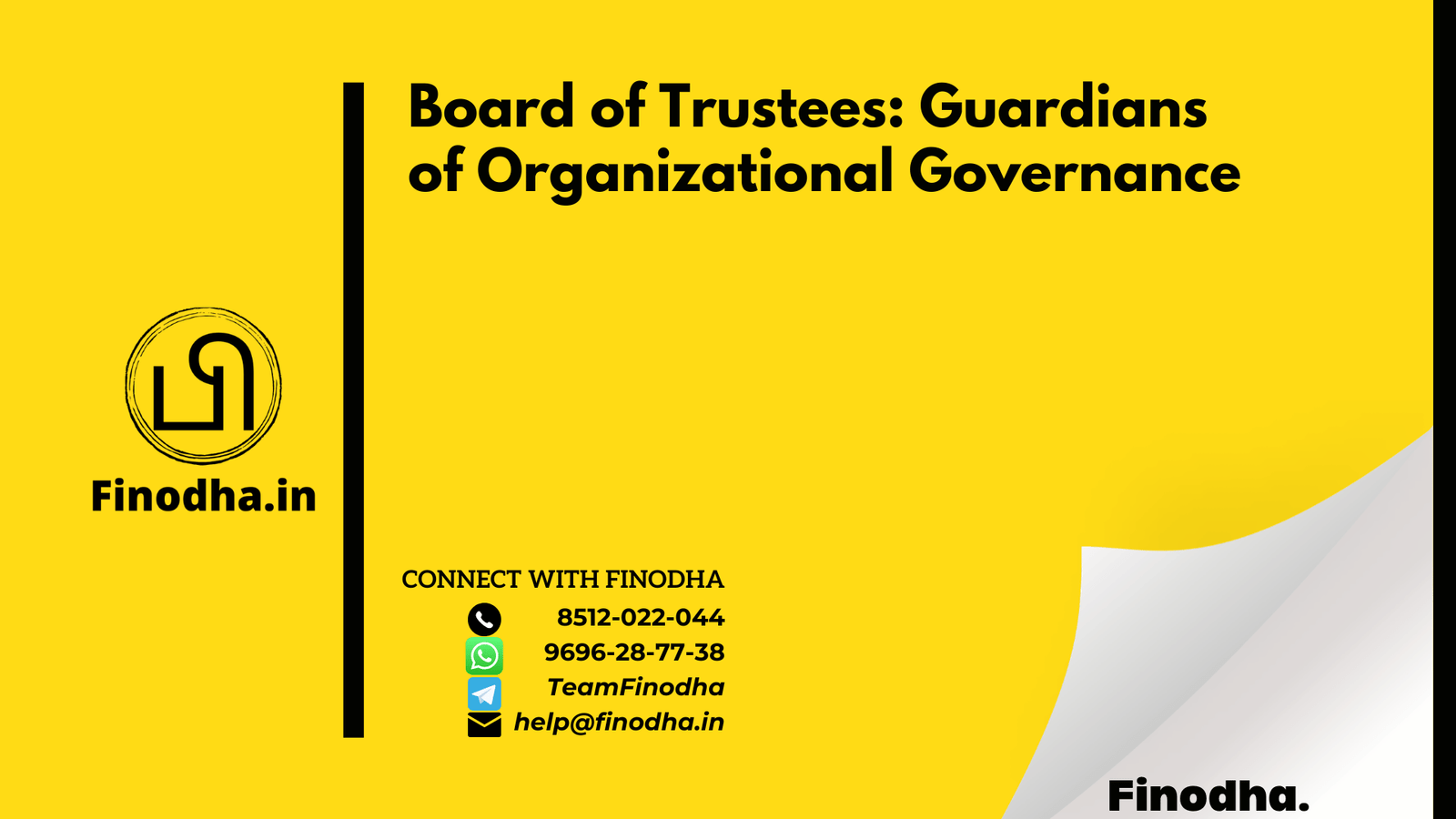Important keywords: Board of trustees, Organizational governance, Governing body, Charitable organizations, Educational institutions, Financial institutions, Transparency, Accountability, Strategic guidance, Compliance.
Table of Contents
Introduction:
A board of trustees plays a crucial role as a governing body within an organization. Composed of individuals with diverse backgrounds and expertise, they oversee and protect the interests of the organization, its stakeholders, and members. This article aims to provide a comprehensive understanding of the board of trustees, its functions, advantages, and disadvantages. We will explore its significance in various sectors, such as charities, educational institutions, and financial entities, while presenting relatable examples and key takeaways for easy comprehension.
Subheadings:
- Exploring the Board of Trustees:
A board of trustees operates similarly to a board of directors and holds supervisory authority within an organization. It comprises both internal and external individuals with relevant experience, responsible for managing and governing the affairs of the organization. This structure ensures transparency, accountability, and protection of the organization’s interests. - Sectors Utilizing Boards of Trustees:
2.1 Charitable Organizations and Educational Institutions: Boards of trustees are commonly found in charitable organizations, educational institutions, and universities. They provide strategic direction, oversee finances, and ensure adherence to the organization’s mission and values.
2.2 Financial Institutions and Investment Schemes: Financial institutions, such as mutual funds and pension funds, often adopt a trust structure managed by a board of trustees. These boards ensure compliance with legal and regulatory requirements, safeguarding investors’ interests and managing the fund’s assets. - Advantages of Board of Trustees:
- Diverse Expertise: The inclusion of individuals with varied backgrounds and skills brings a wide range of perspectives and knowledge to the decision-making process.
- Accountability and Transparency: Boards of trustees ensure that the organization operates ethically and transparently, providing clarity to stakeholders.
- Protection of Interests: Trustees act as guardians of the organization’s interests, safeguarding the rights of stakeholders, shareholders, and members.
- Strategic Guidance: With their collective expertise, trustees offer strategic direction, enabling the organization to achieve its goals and objectives.
- Disadvantages of Board of Trustees:
- Potential Conflicts of Interest: Depending on the composition of the board, conflicts of interest may arise, requiring effective management to ensure impartial decision-making.
- Lack of Representation: If the board does not include diverse perspectives or fails to represent the organization’s stakeholders, it may overlook crucial voices and opinions.
Self-Explanatory Bullets:
- Boards of trustees exercise supervisory authority within an organization.
- They protect the interests of the organization, stakeholders, and members.
- Found in charitable organizations, educational institutions, and financial entities.
- Financial institutions often adopt trust structures managed by trustees.
- Advantages include diverse expertise, accountability, and strategic guidance.
- Disadvantages may involve conflicts of interest and limited representation.
FAQ:
Q1: What is the role of a board of trustees?
A1: Boards of trustees oversee and govern an organization, protecting its interests, ensuring compliance, and providing strategic direction.
Q2: Which sectors commonly have boards of trustees?
A2: Boards of trustees are commonly found in charitable organizations, educational institutions, universities, and financial entities.
Q3: What are the advantages of having a board of trustees?
A3: Advantages include diverse expertise, accountability, protection of interests, and strategic guidance.
Q4: Are there any disadvantages to having a board of trustees?
A4: Disadvantages may include potential conflicts of interest and a lack of representation if diverse perspectives are not included.
Example:
Let’s consider the example of an Indian charitable organization focused on providing education to underprivileged children. The board of trustees consists of individuals with expertise in education, finance, and community development. Their responsibilities include setting the organization’s strategic goals, overseeing financial management, and ensuring transparency in operations.
The board conducts regular meetings to review progress, discuss fundraising initiatives, and evaluate the impact of educational programs. Their diverse backgrounds contribute to informed decision-making, ensuring the organization’s sustainable growth and impactful initiatives.
Key Takeaways:
- A board of trustees serves as a governing body within an organization.
- They protect the organization’s interests and ensure compliance.
- Boards of trustees provide diverse expertise, accountability, and strategic guidance.
- Potential disadvantages include conflicts of interest and limited representation.
- Trustees play a vital role in sectors such as charities, education, and finance.
Conclusion:
Boards of trustees are integral to effective organizational governance across various sectors. Their diverse expertise, accountability, and strategic guidance contribute to the success and sustainability of organizations. While potential challenges exist, such as conflicts of interest and limited representation, effective management and inclusive decision-making can overcome these hurdles. Ultimately, boards of trustees serve as guardians, protecting the interests of stakeholders, shareholders, and members, while ensuring ethical practices and organizational growth.
Popular Tags:
Business and Profession Income (11) Capital gains (21) CGST (36) Chapter VI-A (15) compliance (10) Due date (10) e-Compliance Portal (21) E-Verify (20) economic growth (11) F&O Trading (29) F.No.354/117/2017-TRU (23) F. No. CBIC-20001/4/2024-GST (12) F. No. S-31011/25/2017-ST-I-DOR (12) financial stability (11) Financial statements (9) GST (1193) HUF (10) Income from Business & Profession (12) Income from House Property (17) Income Heads (16) Income Source (14) Income tax (109) Income Tax Account (15) Income Tax Compliance (12) Income Tax Filing (20) Income Tax Website (12) India (9) Indian context (22) Indian investors (15) investment decisions (9) IT Notice (10) ITR (10) ITR-2 (11) ITR-3 (19) ITR Form (20) P&L Statement (24) PAN (13) Risk Management (11) Salary Income (19) Section 7(1) UTGST Act 2017 (12) Section 8(1) UTGST Act 2017 (23) Section 21 UTGST Act 2017 (11) Speculative Income (14) Tax Audit (12) Trading Income (33)





0 Comments